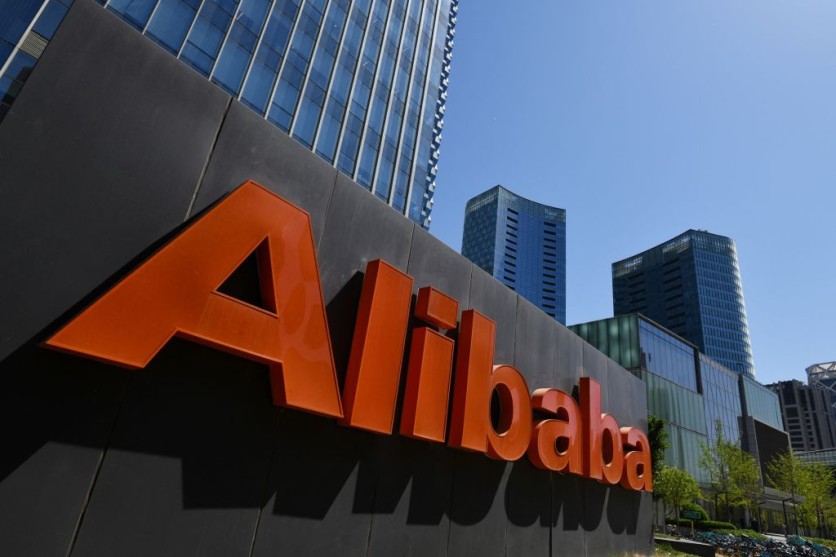Alibaba Group has scrapped its cloud business spinoff due to US export restrictions on chips for AI technology. The Chinese company explained that the recent expansion of the curbs on the export of advanced computing chips creates uncertainties for the prospects of the Cloud Intelligence Group.
"We believe that a full spin-off of Cloud Intelligence Group may not achieve the intended effect of shareholder value enhancement," the company said, as quoted by NDTV.
The Chinese e-commerce giant's second-quarter sales matched expectations but the withdrawal of the cloud unit spin-off marks a setback in Alibaba's plan to reorganize into six individual business units, representing a significant shift in the company's structure in 24 years.

Furthermore, Alibaba has decided to postpone plans to put up its Freshippo grocery company for an initial public offering (IPO). However, the company expressed its intention to pursue external fundraising for its international digital commerce group arm. In September, Alibaba's logistics division, Cainiao, applied to list in Hong Kong.
How Did the Announcement Impact on Alibaba Shares?
Reuters reported that Alibaba's US-listed shares experienced an 8.4% decline in premarket trading following the unexpected announcement. Thomas Hayes, chairman of hedge fund Great Hill Capital, commented on the development, stating, "The market does not like surprises." Investors had anticipated receiving separate shares of the cloud business, hoping for a higher valuation in the public markets due to its growth potential.
Analysts had estimated the cloud division's value between $41 and $60 billion in March but cautioned that its listing could attract scrutiny from Chinese and overseas regulators due to the vast amount of data it manages.
Alibaba's Revenue Satisfies Expectations
Alibaba reported second-quarter revenue of 224.79 billion yuan ($31.01 billion), meeting analysts' expectations.
Alibaba International Digital Commerce (AIDC), including platforms such as Lazada and AliExpress, reported a 53% rise in revenues, with retail revenue up 73% year-on-year. Analysts had anticipated strong international growth to help Alibaba offset challenges in the domestic market.
Despite uncertainties and challenges, Alibaba aims to achieve a "more nimble" structure to maintain competitiveness amid evolving regulatory landscapes and global economic pressures.
Before announcing its earnings, Alibaba revealed in a regulatory filing that Jack Ma's family trust plans to sell down its stake in the company, selling 10 million shares for $870.7 million in cash, as per a CNBC report.
The e-commerce business was established in 1999 by Jack Ma, who had maintained a low profile since late 2020 when Beijing canceled Ant Group's IPO after he criticized Chinese authorities. China fined Alibaba a record $2.75 billion for unlawful commercial practices.

ⓒ 2026 TECHTIMES.com All rights reserved. Do not reproduce without permission.




